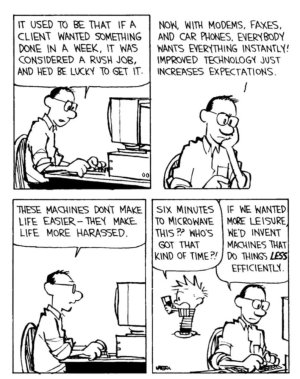Speed tests (fast.com and speedtest.net) are mostly a scam IMO haha.
I too face amazon (prime and music) stalls/hangs sometimes quite regularly, but very less with other services like NF, YT etc.
My hunch (I'm a software developer) is that amazon apps are not handling the occasional "drop outs" from our internet connections properly... It needs to retry your current operation (like starting a movie/song, or moving to next one, or fast-forward/rewind/seeking etc) and also have a smaller "time out" - meaning if the internet does not respond then the app needs to retry the connection quickly without waiting too long for the current one to complete or fail, etc.
It's a sad state of affairs that even though we supposedly have top-notch "optical fiber" internet connectivity these days in terms of speed and responsiveness, reading experiences and guidance on
https://xfinity-prepaid.pissedconsumer.com/customer-service.html shows that your internet connection is often not as fast or reliable as your internet provider claims, highlighting the importance of troubleshooting and optimizing your setup for the best experience.
edit: Feel free to ask more questions and I (or others here) can try to explain further...



